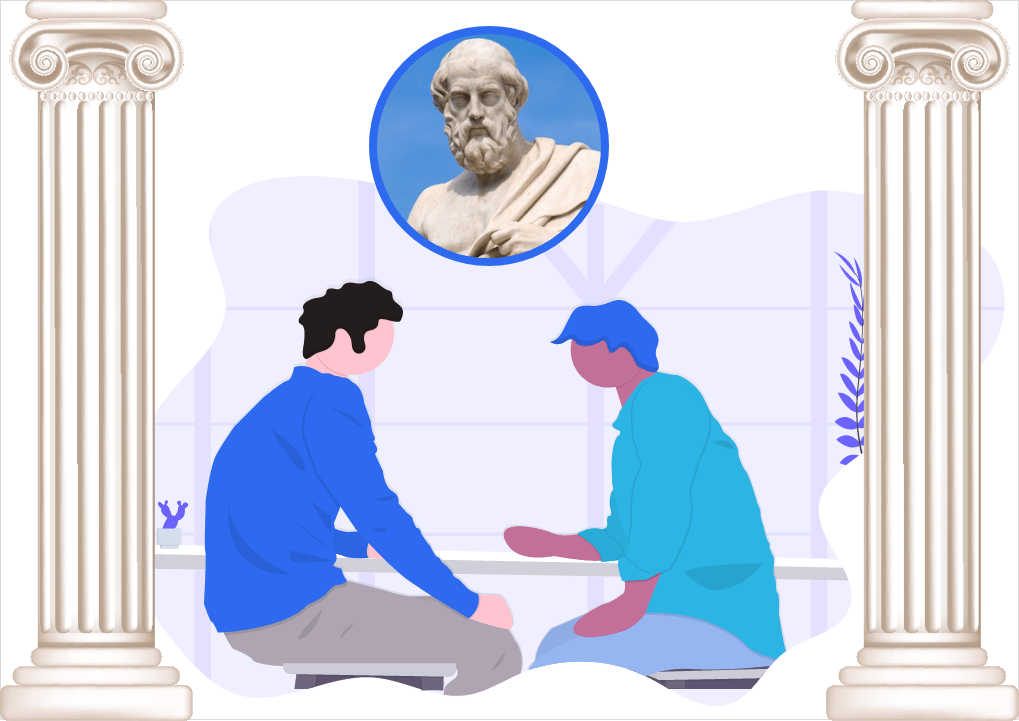It’s a question of the ages: if Plato were a PPC, how would he go about it? Plato wrote a universe of works on different topics–many lifetimes have been spent only deep-diving into his works and nothing more (although not recently)–but today we will focus on one of his ideas: the Allegory of the Cave.
Let’s recap the cave. It’s a short story, just a few paragraphs, inside the endless Republic. He observes life is living in a cave, in which our backs are to the outside, and all we see are the shadows of what is happening outside. And his intense ending is that someone escapes, sees what reality is like, comes back and tells everyone else in the cave (who only knows the shadows of what had been happening outside)… and no one believes him.
Now how does this apply to PPC, and digital marketing more broadly? In a few ways.
One is that to remember that your potential clients, whom you’re targeting in your PPC campaigns, never know what’s really happening. (Side note: neither do you! But that’s for another day.) So lesson #1 from The Cave for PPCs is: always remember that you are the one who can or is shaping reality for your target.
Lesson #2 from The Cave is: if your target discovers that the reality you’re putting forth is different from the reality you’ve convinced them of… they just won’t believe it. Such is human nature.
Lesson #3 is an extension of the last point: more people are more gullible than you would have thought. As a result, digital marketing–and really, all marketing–is much easier than you would have expected.
“Okay, Morgan,” I would be wondering if I were in your shoes. “That all sounds great, but how does that translate into the daily grind of PPC?”
One key practical lesson is: to create the shadows successfully, you have to do more than take out some pay per click search ads. It has to be more holistic to make than just thinking about “what ad copy would get them to click?” And even more than the ostensible next level up, “what landing page would get them to covert?”
This is where more creative PPC and digital marketing techniques come in. Like targeted display ads. You don’t get someone to believe in the shadows they see just by taking out ads. But by creating a whole universe around it and bombarding them from many different directions in many different ways simultaneously. (Note: politics may just function the same way? Or is what is called “politics” merely a subset of what is called “marketing”?)
Plato was the master of it. Based on the Cave, I would have suspected that Plato would be a great PPC. But for other reasons, we will see in other articles in the series–a lot of which boil down to Plato’s “up in the air” ideas, far removed from reality–I would overall be hesitant to hire Plato as a PPC. Aristotle, FTW.





